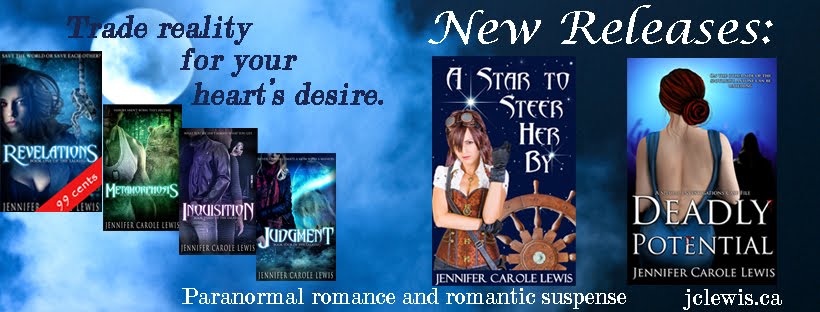And sometimes its more. Sometimes there's a message that an author wants to send. One of the questions that I usually end up exploring in my novels is balancing responsibility and personal choice. Nathan Burgoine often explores the concept of chosen family in his stories. Lucy Farago looks at the implications of keeping secrets and the consequences of telling the truth. Sherrilyn Kenyon usually deals with the aftermath and recovery from abuse.
Finding the thread that runs through your story can be a big part of finding your voice as an author. And it can also help to guide you through some of the pitfalls.
The #OwnVoices movement is getting stronger (as it should) but it means that an author writing outside of his/her own personal experience is more likely to face challenges. Research is important but it's only part of the work.
The other part was summed up very eloquently in Nathan Burgoine's post on the Spoonie Author Network: Why You? Before deciding to tell a story which isn't your own, take the time to think about why you want to do so.
I struggled with this decision for Metamorphosis and Judgment, both of which have Native American main characters. I knew I wanted to place the stories in an isolated community up North and the vast majority of the population up there is native. To have non-native characters felt like whitewashing but at the same time, I knew I was going to have to be very careful and make sure I did my homework. But it was critical to the story that I wanted to tell about those who can't hide from prejudice (in my case, people with visible signs of their talents). So I've done my best to represent them in a respectful and accurate way.
But I think the message behind the story is important to find out even if an author isn't treading on OwnVoices territory. Why do you want to tell this story? What is the one piece that could never be compromised on, that would gut the whole reason why the story needs to be told in the first place?
When you know the answer to that question, then you'll be able to craft something more powerful than you can imagine.


No comments:
Post a Comment